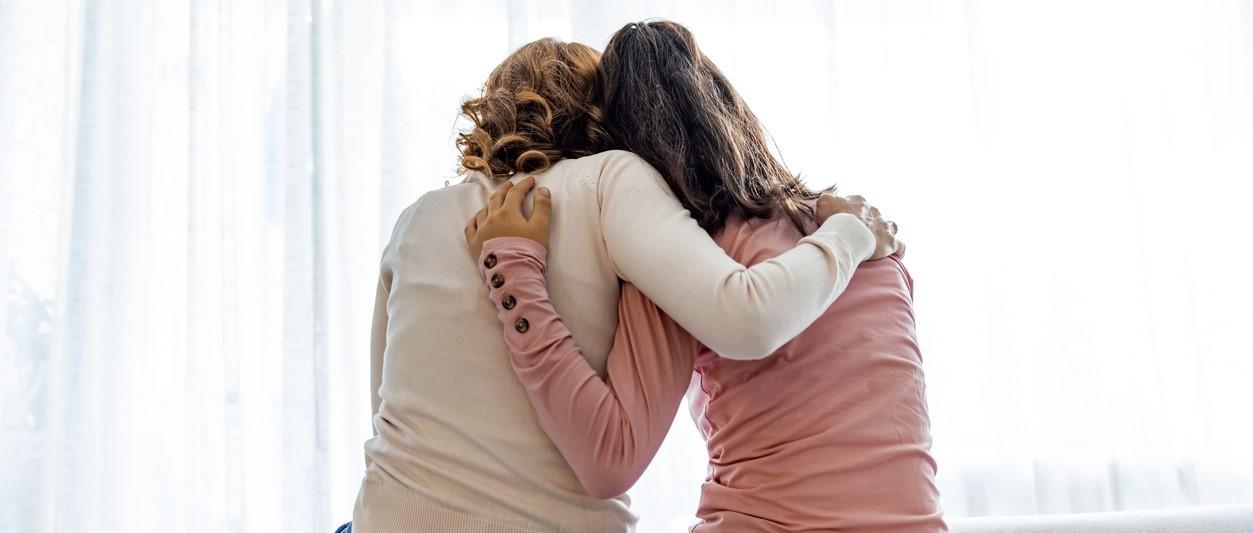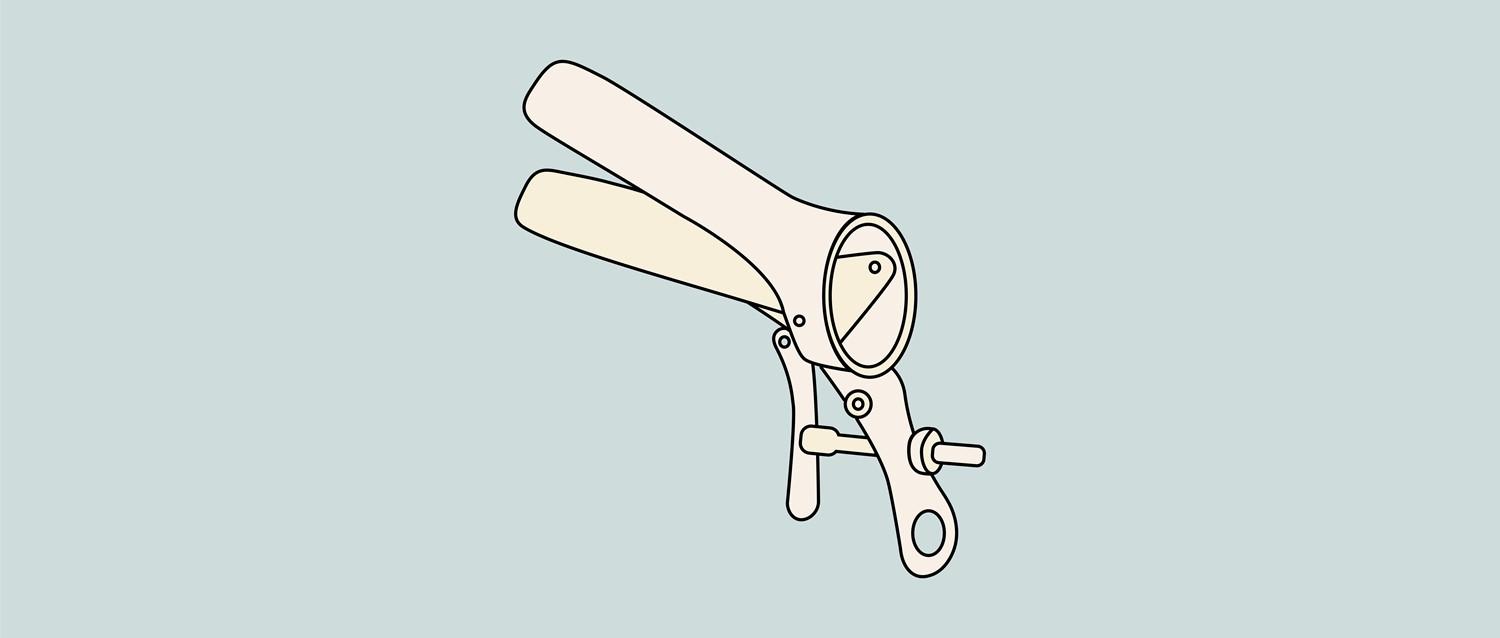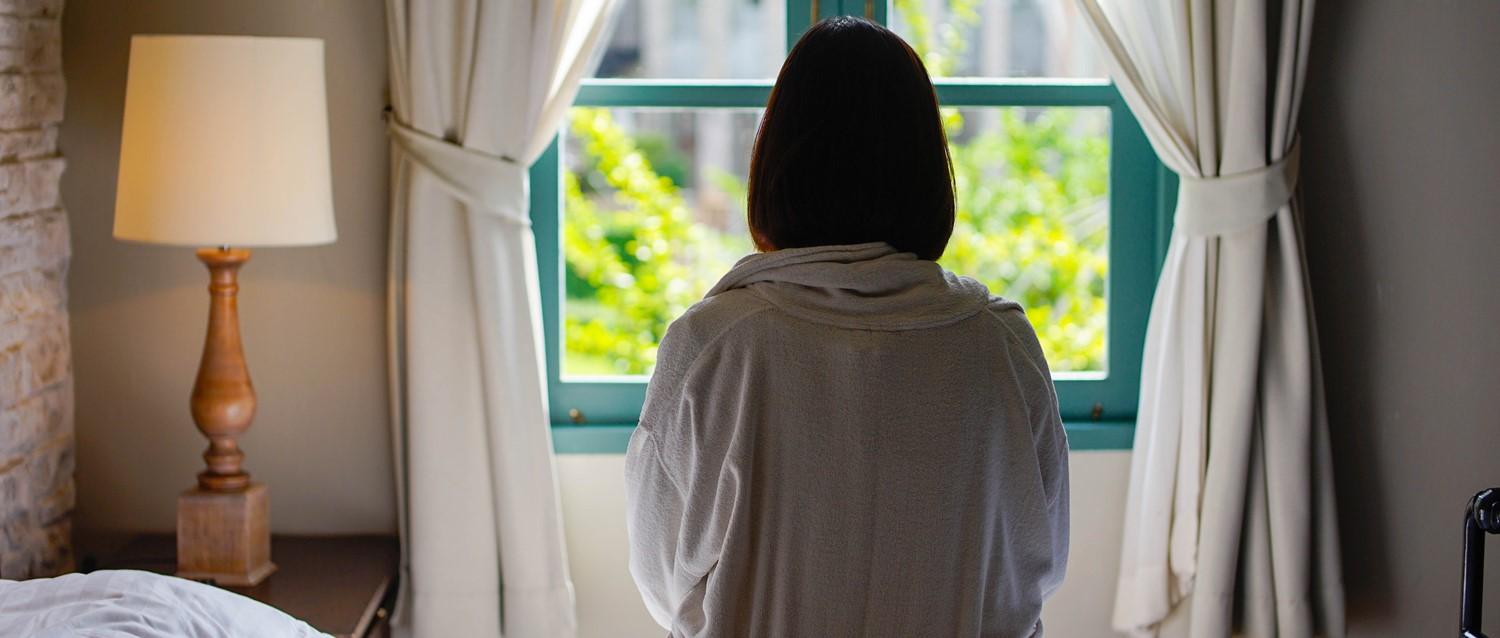
Where to get help for sexual assault
Peer reviewed by Dr Krishna Vakharia, MRCGPLast updated by Amberley DavisLast updated 19 Sept 2023
Meets Patient’s editorial guidelines
- DownloadDownload
- Share
- Language
- Discussion
With stories of sexual assault in the media, we appreciate that people may be having to re-confront experiences from their past. Here we share the trusted services that can support you.
As difficult as it is to ask for help as a survivor of sexual assault, there are safe spaces to talk, be listened to, ask questions, and gain skills to help you get back to yourself - from emotional support to legal advice.
In this article:
Video picks for General sexual health
Continue reading below
There's people out there to talk to about sexual abuse
Around 1 in 4 women and 1 in 10 men in the UK have been sexually assaulted. Whilst each survivor's story is unique, you never need to be alone - there are many places which give help and support - and it is up to you who you speak to and how much you tell them.
This is what one survivor said of the help she received from her local sexual assault support centre "I don't underestimate the work you did, and how important you were to my recovery."
How can I tell if I've been sexually assaulted?
Back to contentsSexual assault involves any act of a sexual nature, physical or psychological, that's inflicted on you without your consent. If you didn't freely choose to receive it or give it, you didn't consent to it. There are many potential acts of sexual violence - verbal sexual harassment, groping, sexual bribery, and rape are some examples.
Remember, you have the right to refuse or take back your consent at any time. For instance, if you've freely chosen to perform a sexual act with your partner in the past, this doesn't mean you have to consent to this again - and if you are forced, threatened, or coerced into doing it again, this is sexual assault.
Continue reading below
Where can I get sexual assault help?
Back to contentsBelow we cover the different places you can turn to for help after sexual assault, and how to find the support service options for where you live.
The police can help gather forensic evidence should you feel able to report the incident, and they can also refer you to support services in your area.
Emergency healthcare
Back to contentsIf the incident has just happened, the most important thing is that you try and get somewhere where you feel safe. It can be hard to think if you're in shock, but have you been hurt? If you need urgent care in the UK, call 999 or get to the nearest A&E if you can.
As well as treating injuries, hospital staff can check you for sexually transmitted infections (STIs) and pregnancy if appropriate, and can help connect you with ongoing specialist support from a local Sexual Health Referral Centre (SARC).
Continue reading below
Codeword schemes
Back to contentsIf you're already with an abuser - maybe living with them - are out with one, or anyone is making you feel unsafe, there are ways you can alert someone that you need help in a safe way?
Across the UK, codename schemes have emerged to enable you to raise the alarm in lots of public spaces.
Ask for ANI (pronounced Annie)
What: More than half of UK pharmacies are enrolled in the Ask for ANI scheme. If you are experiencing domestic abuse or any other kind of sexual assault, you can safely and confidentially let a pharmacist know, by saying "Can I ask for ANI please?".
ANI stands for action needed immediately, and the pharmacist will then take you to a private room where they can help you contact the police, a family member, or domestic abuse services.
Where: all UK pharmacies, including Lloyds, Boots, and community pharmacies.
Ask for Angela
What: If you're out and feel unsafe for any reason, approach venue staff and Ask for Angela. Like with Ask for ANI, they will lead you to a safe space and help you. The support they offer could be anything, from calling you a taxi to calling their own security team or the police.
Where: Many UK pubs, bars, clubs, restaurants, and other licensed businesses. Usually, the venue will advertise an Ask for Angela poster - often in the women's toilets - to show their participation.
Helplines and live chats
Back to contentsAlthough it can be very difficult, confiding in someone is a crucial first step to accessing support. A phone call, text, or online chat with a trained specialist can help you find the best resources and tools to help you.
These are some of the most trusted helplines and live chats offering sexual assault support across the UK. However, there are many more voluntary organisations which offer this service.
|
|
|
Rape Crisis | 0808 500 2222 | For rape and sexual abuse survivors in England and Wales. Open 24 hours a day (24/7). |
National Domestic Abuse | 0808 2000 247 | For domestic abuse survivors in England and Wales. Phone open 24/7. Live chat open Monday-Friday 3 pm-10 pm. |
National Male Survivors, Safeline | 0808 800 5005 | For male adult and child survivors of rape or sexual abuse in England and Wales. Open Monday-Friday 9 am-8 pm and |
Galop | 0800 999 5428 | For LGBT+ survivors of rape or sexual abuse in the UK. Open Monday-Thursday 10 am-8.30 pm and Friday 10 am-4.30 pm. |
Northern Ireland Domestic and Sexual Abuse | 0808 802 1414 | For domestic abuse survivors in Northern Ireland. Phone open 24/7. |
Sexual health referral centres (SARCs)
Back to contentsSARCs, or Sexual Health Referral Centres, are located across the UK. These places offer emotional support, medical checks, practical support, and legal advice for survivors of rape or sexual assault.
If you've been sexually assaulted or raped in the last seven days, you can self-refer to a SARC. The NHS provide a useful location finder for your nearest SARC. If it's been longer than seven days, your local GP, hospital A&E, sexual health clinic, or the police can refer you to your nearest SARC to aid your recovery.
Local sexual assault support charities
Back to contentsThere are also many voluntary organisations offering community-based support, including practical advice, one-on-one counselling, group work, self-help resources, and more. The Survivors Trust is an umbrella organisation for rape and sexual assault services in the UK. Their finder tool can help you locate a service in your local area.
For women and girls, Rape Crisis centres - one of the UK's largest providers of free sexual assault support - may be their first point of contact, while men and boys might want to go to Male Survivors Partnership. There are also organisations that specialise in other vulnerable groups. If you belong to one of these groups, it might be that you feel more understood, find the support offered more relevant, or benefit from connecting with their community of survivors.
Here are just some examples of trusted sexual assault charities and who they're for:
For adult survivors of domestic abuse - The Dash Charity.
For survivors of childhood rape and sexual assault - One in Four.
For Black and minoritised women and girl survivors - Imkaan.
For male survivors - Male Survivors Partnership.
Here we speak to a support centre in Surrey, about the kind of sexual assault support you can expect from these organisations throughout the country
Spotlight on: Rape And Sexual Abuse Support Centre (RASASC) Guildford
Lesley Devonport, chief executive officer, explains how her organisation helps those in need:
Who we are: "At RASASC Guildford, we support anyone over the age of 13 across Surrey who has been raped, sexually abused, or has had an unwanted sexual experience. All our services are free and confidential."
Who we support: "All genders, however they identify, over the age of 13 across the whole of Surrey. We support survivors whether they decide to report to the police or whether the incident was recent or a long time ago."
What we offer: "All our services are free, confidential, and non-judgemental."
A national helpline, open Monday to Thursday evenings between 7.30 pm - 9.30 pm, on 01483 546400.
Counselling for adults, families, young survivors aged 13-17, and group support options.
Independent Sexual Violence Advisors (ISVAs) - we have a team of eight ISVAs who offer practical and emotional support on a one-on-one basis.
How to get in touch:
Website: www.rasasc.org
Facebook: RASASCGuildford.
Twitter: @HelpRASASC.
Our office is open Monday - Friday from 9 am-4.30 pm on 01483 568000.
In their own words, three survivors helped by RASASC Guildford describe the positive impact they have had:
"Since I've been doing what you suggested, I've seen a massive difference and I'm feeling so much better. I'm concentrating on the things I can control and I'm trying every day to be kind to myself."
"You've said everything I would have said but didn't have the courage to. People like you provide us with the hope that there are good people out there."
Sexual assault in the cost-of-living crisis
Back to contentsDomestic abuse
In the last few years, a pandemic and cost-of-living crisis have entrapped many people in their homes with abusers. The lockdowns in 2020-21 fuelled sexual violence within the home. These physical restrictions have been replaced with financial ones, many not being able to afford to move out of their homes to escape abuse.
Devonport, CEO at RASASC Surrey-based charity, says: "We have seen a significant increase - 47% - in young people aged 13-25 coming to us for help since the pandemic. We are currently running a Crowdfunder to raise the money to train specialist sessional workers that can help us meet this demand."
Lack of funding
While cases of domestic abuse may be increasing, funding pots for survivor support services are depleting. This lack of investment is having a big impact on the accessibility and quality of these much-needed services.
Across the UK, charities are urging both local and national authorities to act. While one-off injections of money can do good, effective long-term planning and funding are needed to ensure that support services can always keep their doors open to those in need1.
If you need to stop others from knowing you have been reading this feature, have visited abuse support sites, or want to stay safe online Womens Aid shows you how to cover your tracks online here.
If you've experienced sexual assault, it's important you feel able to ask these places for help. Most local services also offer a range of instant access services.
Further reading
Back to contentsPatient picks for General sexual health

Sexual health
Preparing for your smear test as a survivor of sexual violence
"I remember a viral tweet a few years ago that said: 'If you don't go for your smear test, you're stupid. It takes minutes and it can save your life'," recalls 41-year-old Sam*. "Everyone was retweeting it but it was so overly reductive that, as a survivor of sexual violence, it was difficult to read. I mean, sure, it does take minutes, and it's usually fine, but I knew it wasn't ever that simple."
by Sarah Graham

Sexual health
What to do after rape or sexual assault
Nearly half a million adults are sexually assaulted every year in England and Wales, and roughly 11 an hour are raped – the majority of them women. Recent activism, like #MeToo and the Time's Up campaign, has shone a light on the prevalence of sexual violence globally. But, if you've suffered this kind of attack, dealing with the aftermath can still be an incredibly lonely and frightening time.
by Sarah Graham
Continue reading below
Article history
The information on this page is peer reviewed by qualified clinicians.
19 Sept 2023 | Latest version
10 Feb 2023 | Originally published
Authored by:
Amberley Davis

Ask, share, connect.
Browse discussions, ask questions, and share experiences across hundreds of health topics.

Feeling unwell?
Assess your symptoms online for free
Sign up to the Patient newsletter
Your weekly dose of clear, trustworthy health advice - written to help you feel informed, confident and in control.
By subscribing you accept our Privacy Policy. You can unsubscribe at any time. We never sell your data.